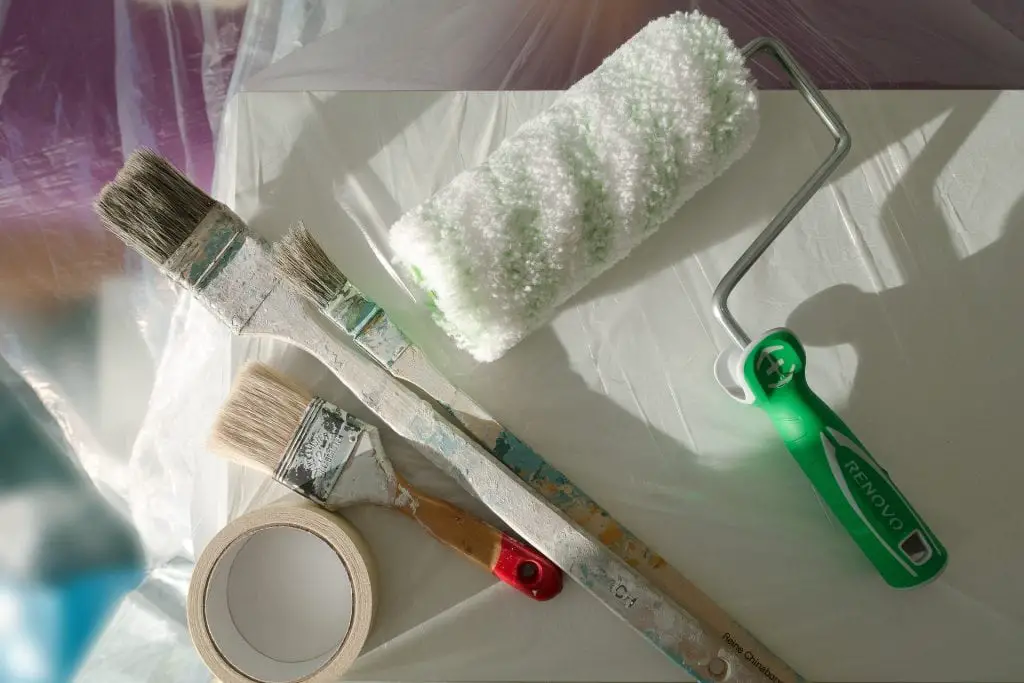Buying a house (especially if it’s your first) is a huge step in anyone’s life. It marks a major change in your lifestyle and it comes with extra financial responsibilities like repair and maintenance costs, renovation costs, and insurance.
When it comes to your investment in the house, remodeling and renovations costs tend to be first on every homeowner’s list. Plus, these costs show up every few years, depending on the initial state of the house and the wishes of the owners. Insurance and repairs are second on the list, in terms of value.
However, many homeowners fail to see the connection between renovations and insurance, which may lead to unpleasant surprises in case of a claim. Therefore, we decided to list the top three most important things you need to know before rebuilding your kitchen from the ground up.
#1: The Basics of Home Insurance
Most home insurance policies cover renovations, but there are exceptions you must be aware of.
First, if the surface and structure of the house change (you add a garage or extend the surface of the kitchen), this means the rebuilding costs in case of a disaster also change. Therefore, if you ever have to submit an insurance claim, you may discover the insurance doesn’t cover your home after renovation.
Second, each insurance policy has liability limits and yours may not be enough to cover any injuries that happen during the renovation.
Therefore, before starting any renovation/remodeling project, have a chat with your insurance provider. Also, if you don’t have an insurance provider yet, make sure to first compare home insurance quotes and check if they offer renovations coverage (if yes, check the limits and ask about structural changes).
#2: Renovations May Lead to Higher Premiums
That’s probably the last thing you want to hear when planning a costly renovation project. However, it is a necessary evil (so to speak) since there are renovations that usually increase your liability risk.
For instance, a pool will come with higher insurance premiums because it increases the risk of someone getting hurt and suing you for compensation. The insurer may also require the pool to be covered and secure when not in use, to prevent the chance of accidents.
A home office may also lead to higher premiums depending on the type of activity and the current insurance policy. Some policies cover the possibility of a home business, but they don’t cover expensive equipment, storage inventory, or businesses that bring people to your house (music lessons, therapy sessions, yoga classes).
#3: Kitchen or Bathroom Upgrade
The kitchen and bathroom are the two rooms most owners include first in their renovations plans (especially if the house is old-style). Furthermore, according to the 2021 Cost vs. Value Report by Remodeling Magazine, this type of renovation is most likely to increase your home’s resale value.
On the other hand, new appliances and more expensive materials also increase the rebuild value, which means you’ll have to check with your insurance provider. Still, some upgrades (like plumbing or electrical system may qualify you for a discount on your insurance premium, so it’s not always about paying more.
Wrap Up
Renovations can be expensive, but they come with upgrades that make the home more comfortable and safe. Plus, renovations increase the resale value, which is never a bad idea. So, if you have the budget and the support, then why not go bold? Check out a few ideas that have the potential to completely change the interior design of your home!
Overall, as long as you make sure your insurance policy covers your renovation plans, you can transform your home just the way you want it.
